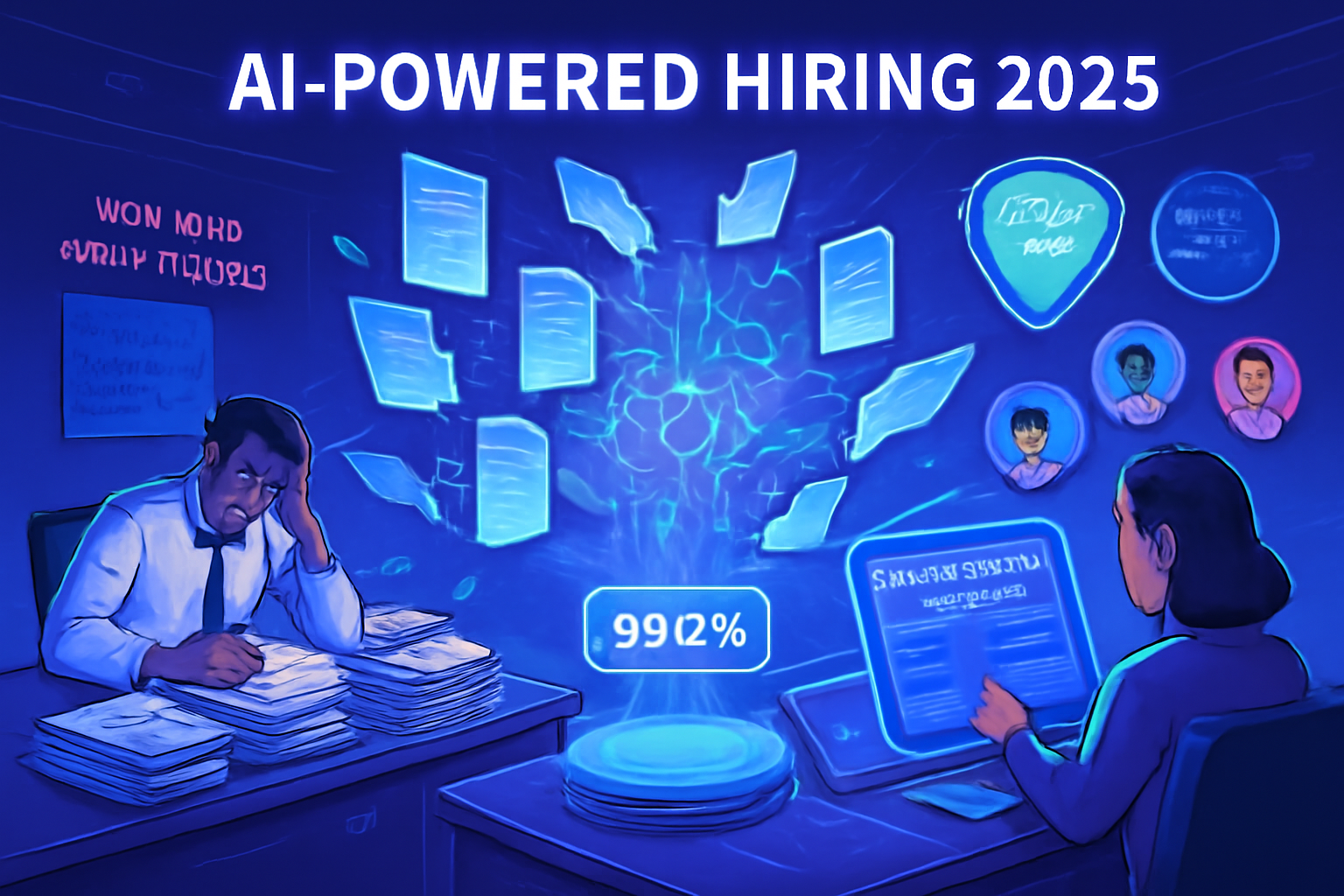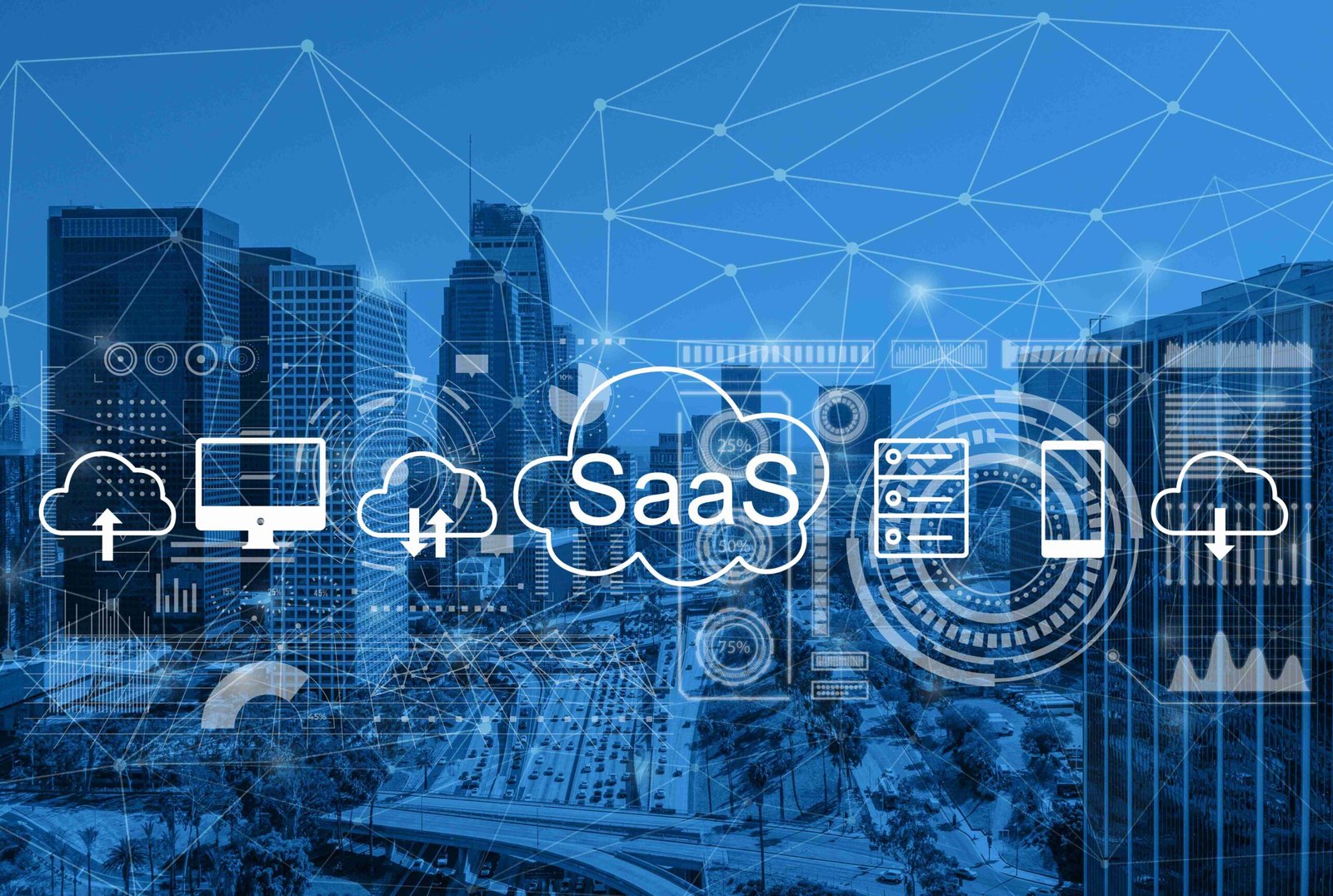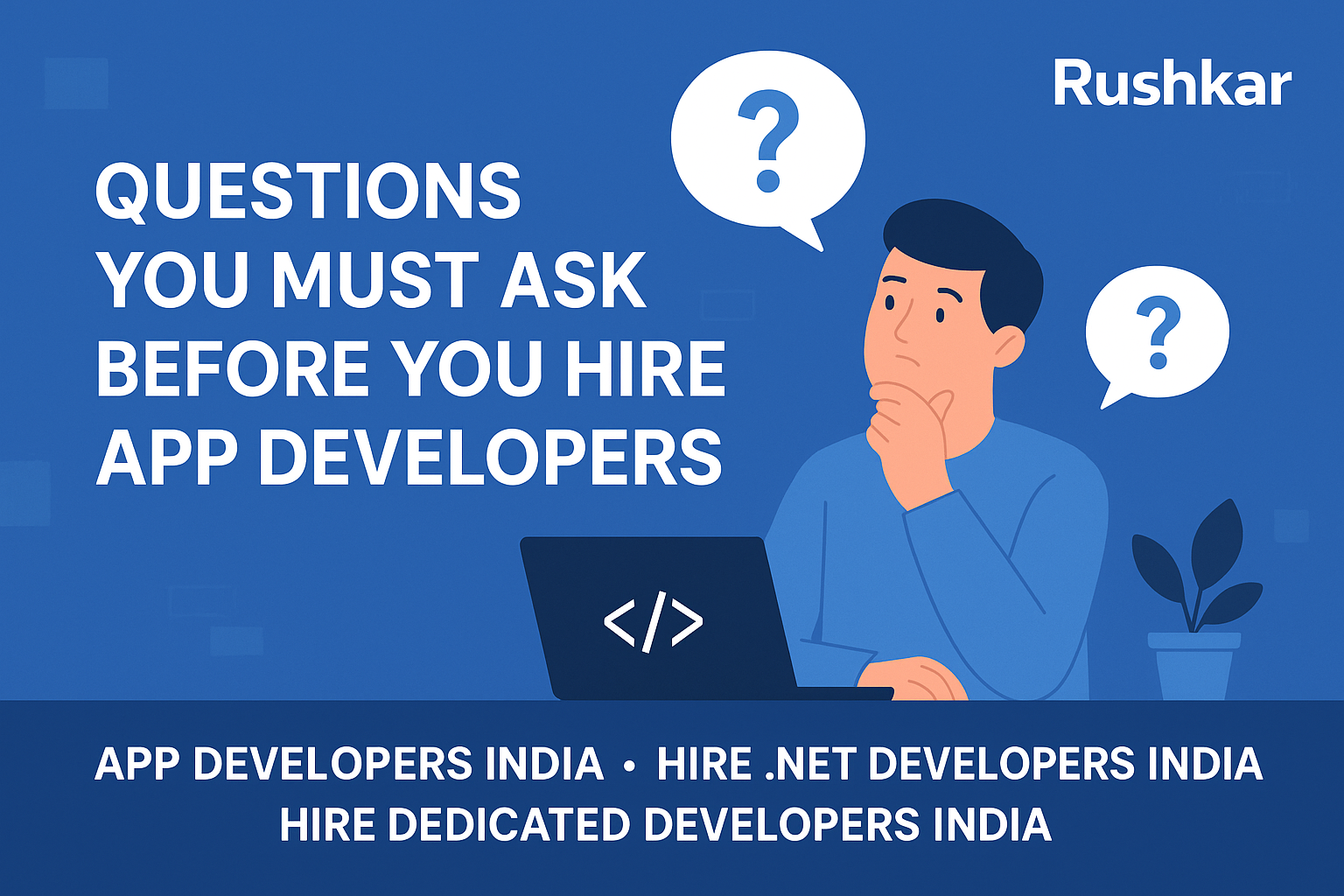Artificial Intelligence (AI) is no longer just a concept seen in science fiction movies. It has become a significant part of our daily lives, subtly shaping how we interact with the world around us. From the apps we use on our smartphones to the way businesses function, AI is transforming the way we live, work, and even think. I want to shed light on how AI is making an impact and how it’s becoming an integral tool for businesses and individuals alike.
The Rise of Artificial Intelligence in Our Daily Interactions
AI technology is now embedded in many of the tools and devices we use every day. Our smartphones, virtual assistants, and even home appliances have started using AI to make our lives more efficient. AI systems analyze vast amounts of data, helping to make decisions faster and with greater accuracy.
For example, voice assistants like Siri, Alexa, and Google Assistant can understand natural language, provide us with information, and carry out tasks such as setting reminders or playing music. This is just one way AI is reshaping how we interact with technology. Similarly, AI-driven applications in healthcare are allowing for quicker diagnosis and more personalized treatment plans.
Moreover, AI is playing a critical role in social media platforms. They utilize AI to tailor recommendations, suggest friends, and even filter news feeds based on our preferences. This not only makes our user experience more engaging, but also ensures that we remain connected to content that aligns with our interests.
Artificial Intelligence in the Workplace
In the workplace, AI is streamlining operations, reducing human error, and saving time. Tasks that once took hours are now completed within minutes thanks to automation. For instance, AI-powered tools like chatbots can handle customer service queries without the need for human intervention. This frees up valuable time for employees to focus on more strategic tasks. Similarly, AI systems are used to analyze large data sets in fields such as finance, marketing, and logistics, enabling businesses to make data-driven decisions.
In comparison to the past, AI is now providing companies with unprecedented opportunities to improve efficiency and productivity. It’s also creating new job roles that focus on developing and managing AI systems. As businesses continue to adopt AI, employees who are skilled in working with these systems will have an advantage in the job market.
Transforming Entertainment and Media
AI’s impact on entertainment and media is equally impressive. AI algorithms are used to create personalized recommendations on platforms like Netflix, YouTube, and Spotify. These systems analyze user behavior to suggest movies, shows, and music that are most likely to be enjoyed by the individual. Consequently, AI has changed how we consume media, making the process more tailored and enjoyable.
However, AI’s influence is not limited to content recommendations. AI is also being used to create content, such as deepfake videos, which are highly realistic fake videos of real people. In the same way, AI can generate images and videos that might not even exist, leading to debates around the ethical implications of this technology. For example, AI celebrity nudes have sparked discussions on the risks of AI in manipulating media, and the potential for harm when individuals’ images are altered without their consent.
Despite the challenges posed by such technologies, AI continues to advance in the realm of media production. AI-generated scripts, for instance, are becoming more common in the film industry. These scripts are based on data regarding audience preferences and trends, helping filmmakers craft stories that resonate with viewers.
Artificial Intelligence in Transportation
Transportation is another area where AI is making a significant difference. Self-driving cars are probably the most notable example of AI’s role in this sector. With AI systems capable of interpreting data from sensors and making decisions in real time, autonomous vehicles are being tested on roads around the world. Eventually, this technology could reduce traffic accidents and make transportation more efficient. Of course, there are still concerns surrounding safety, ethics, and regulation, but the future of self-driving cars is promising.
Meanwhile, AI is also being used to improve the efficiency of traditional transportation methods, such as trains and airplanes. AI-driven systems are able to predict maintenance needs, optimize routes, and ensure more timely arrivals, all of which contribute to a better experience for travelers.
Artificial Intelligence in Healthcare
Healthcare is one of the most critical sectors being transformed by AI. AI systems are now used for diagnosing diseases, analyzing medical images, and predicting patient outcomes. In particular, AI has shown great promise in detecting conditions like cancer at an early stage, allowing for earlier and more effective treatments.
AI-driven systems also help doctors in decision-making by providing insights based on a patient’s medical history and current condition. These tools are not meant to replace medical professionals, but rather to assist them in offering better care. Admittedly, while AI cannot replace human empathy, it has proven to be an invaluable tool in improving the efficiency and accuracy of medical practices.
In addition to diagnostics, AI is also being used in drug discovery. Researchers are using AI algorithms to sift through large datasets to identify potential drug candidates, significantly speeding up the process of bringing new treatments to market.
The Ethical Concerns of Artificial Intelligence
Although AI is revolutionizing various aspects of society, it also raises a number of ethical concerns. One major issue is the potential for job displacement. As AI systems take over repetitive tasks, some workers may find their jobs obsolete. However, AI also creates new opportunities, and reskilling programs can help workers adapt to the changing job market.
Furthermore, AI raises privacy concerns. With AI systems collecting vast amounts of personal data, it’s crucial for businesses to ensure that this data is handled responsibly. This includes implementing strong data protection measures and ensuring transparency regarding how data is used. Failure to address these issues can lead to a loss of public trust in AI systems.
Additionally, the use of AI in generating fake media, such as AI celebrity nudes, has sparked intense debates over privacy, consent, and the potential for harm. In spite of the controversy, AI technology continues to advance, and society must grapple with how to balance its benefits with the potential risks.
The Future of Artificial Intelligence
Looking ahead, AI will continue to evolve and play a larger role in our lives. As AI systems become more advanced, they will be able to perform tasks that are currently unimaginable. From AI-driven personal assistants to machines capable of performing complex surgeries, the possibilities are limitless. However, this growth also comes with challenges. It’s essential that we as a society establish regulations and guidelines to ensure that AI is used responsibly and ethically.
Consequently, we must continue to educate ourselves on AI and its potential impacts. This includes understanding how AI can be used for good, as well as recognizing the ethical challenges it poses. By doing so, we can ensure that AI remains a positive force in society, helping to improve our quality of life without compromising our values.
Conclusion
AI is undeniably transforming the world in ways that we could have only imagined a few decades ago. From reshaping industries to altering how we interact with technology, AI is leaving its mark on everyday life. Although there are ethical concerns and challenges ahead, the potential benefits of AI are vast. By navigating this transformation responsibly, we can harness the power of AI to improve our lives, businesses, and society as a whole.
















Leave a Reply